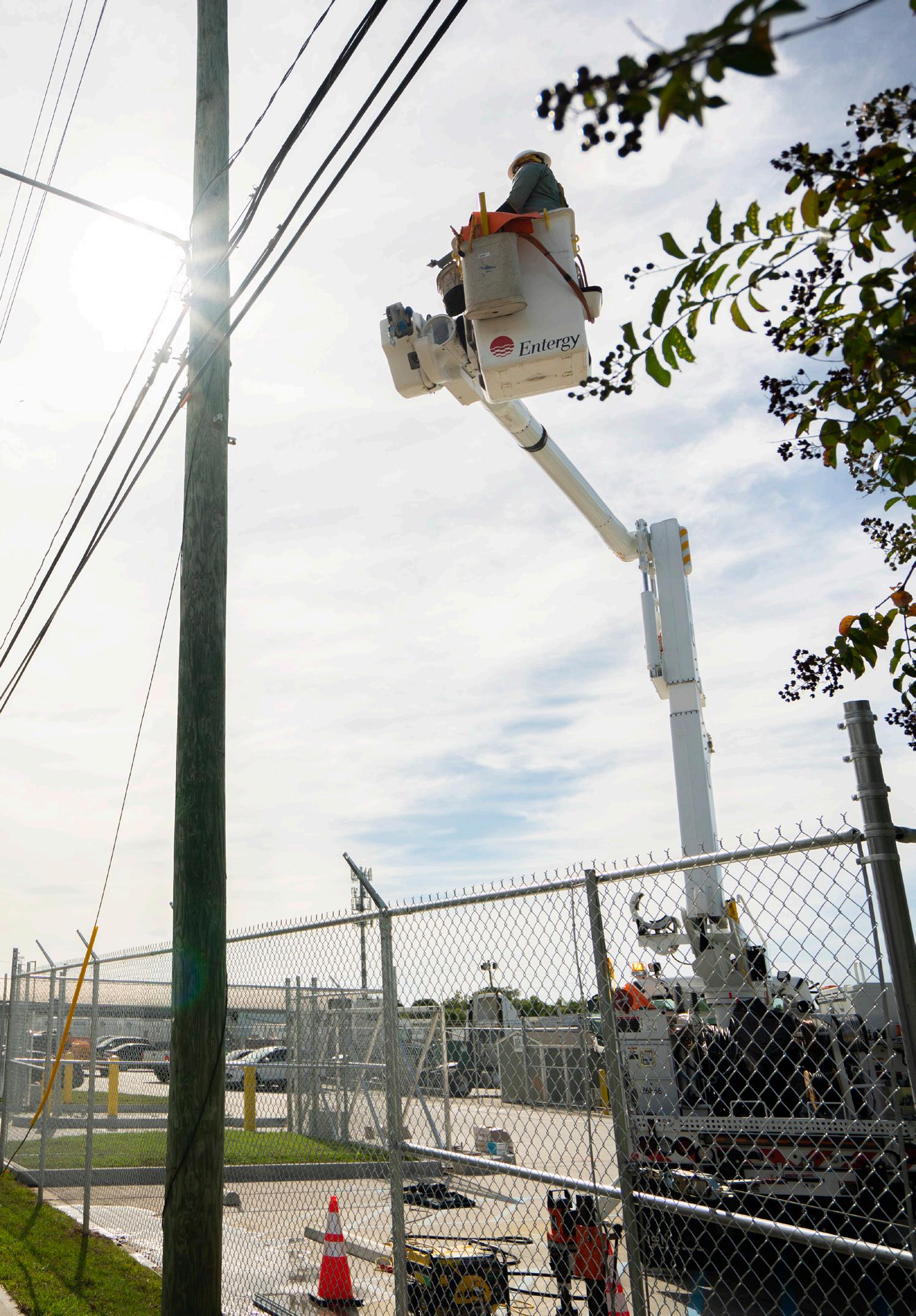
12 minute read
OPTIONAL COURSE DESCRIPTIONS
These courses are considered optional, and are not required for graduation.
These courses are for students who require a focused experience in specific disciplines. Because not all utility and line-construction companies require their workforce to obtain these certifications, they are offered as optional courses. Classes may be scheduled after hours and on weekends. Students interested in enrolling should remain flexible. While noted on a student’s transcript, these courses do not affect GPA. Enrollment in optional courses is limited.
ULP 10300 SMART GRID & ELECTRICAL DEVICES CERTIFICATION With significant advancements in smart-grid technology, power companies are integrating “smart” electrical devices into their systems. The Smart Grid & Electrical Devices Certification course introduces students to many of the smart devices being used today. Unavailable anywhere else, this certification is valued by large utilities, and helps NLC graduates stand out.
In this class, students take theories learned in the Electrical Grid courses and put them into practice in NLC's specially designed smart-grid electrical equipment lab. Using simulated energized lines, students are trained to operate the latest technologically advanced equipment, such as IntelliRupters, Scada-Mate switches, TripSavers, NOVA reclosers, SMART capacitor banks and regulators, and more. Students also learn operation of older “legacy” equipment, deepening their appreciation for the benefits these new smart devices provide. COST: $1,895.00 TRAINING HOURS: 32
See campus-specific policies for refund information.
CA
CRANE OPERATOR CERTIFICATION In the power-delivery industry, largeline construction companies use cranes to install towers, substation equipment, and large wood-pole structures. For this reason, many construction companies place a high value on crane certification when recruiting. This course is an accelerated test-preparation course. Students who pass the written and practical exams receive nationally recognized certification* to operate all swing- and fixed-cab telescopic boom cranes (valid five years).
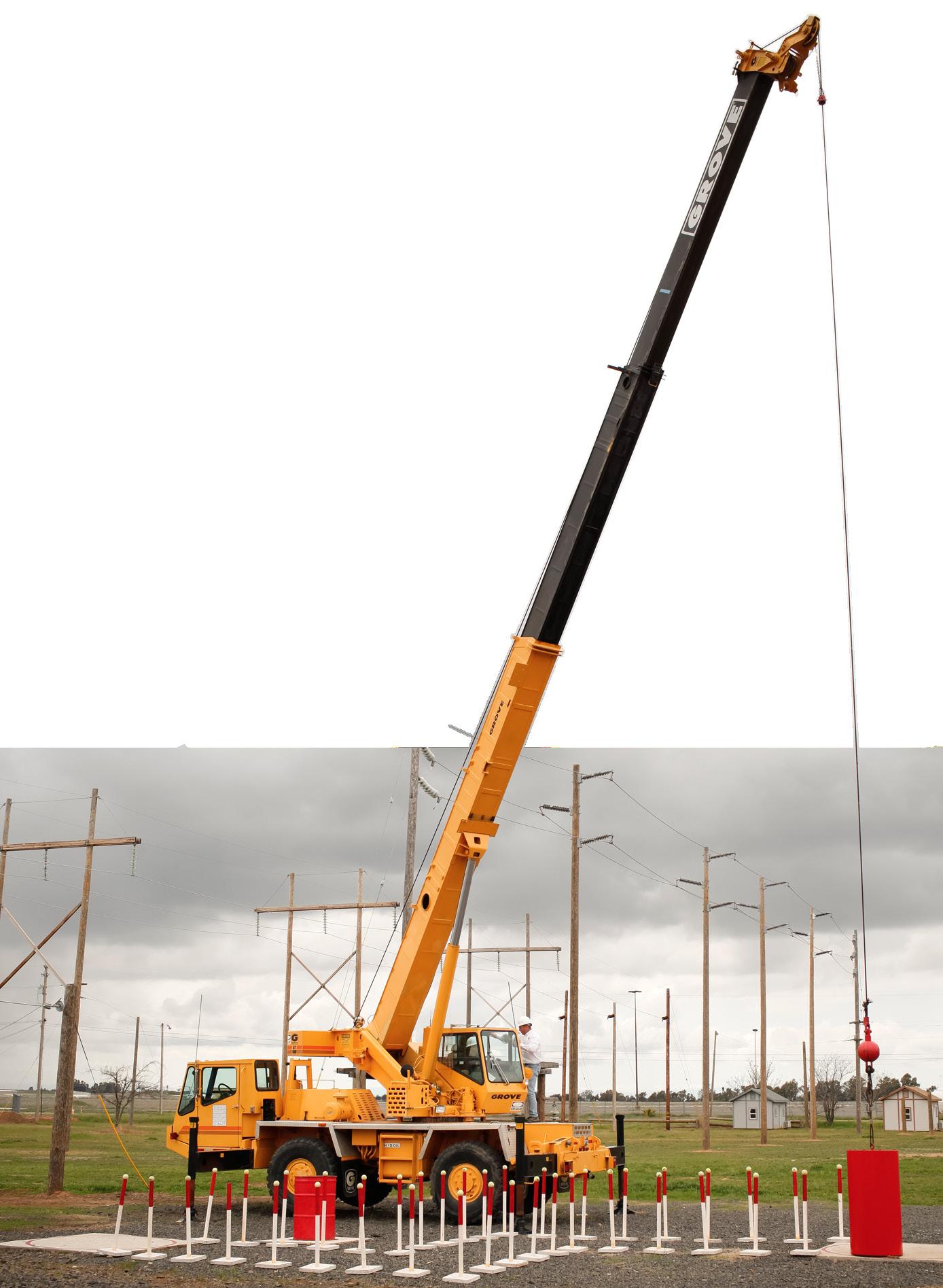
Tuition includes a non-refundable amount of $175 paid to the certification agency, as well as all required course materials. Additional expenses may be incurred as follows: $50 late registration fee; $65-$165 retest fees for written exams (dependent upon which and how many); $175 re-registration fee (if student no-shows).
COST: $1,895.00 TRAINING HOURS: 32
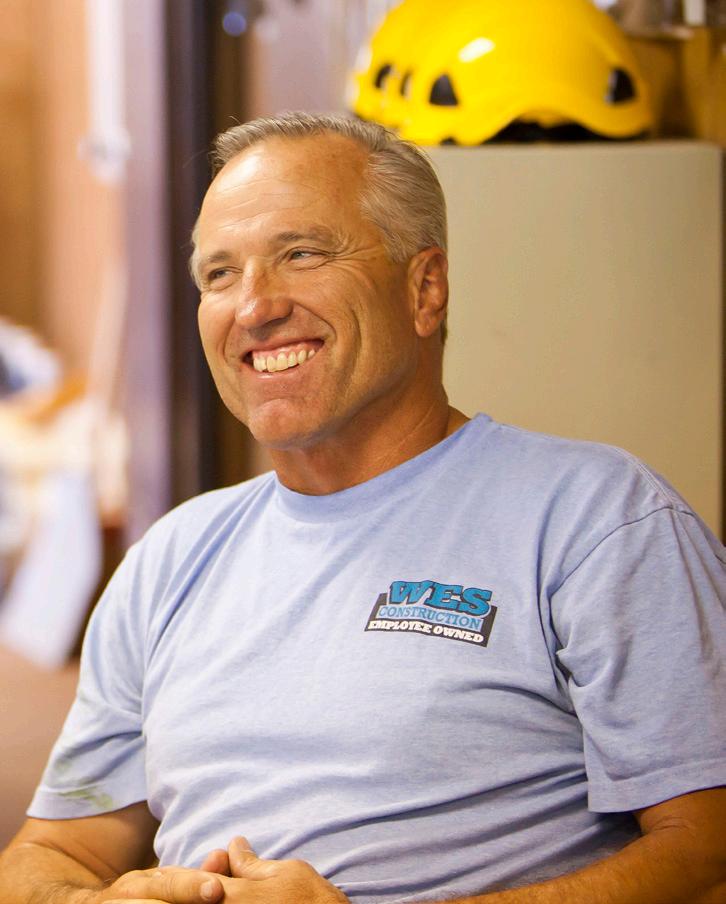
See campus-specific policies for refund information.
*Certification provided by: NCCCO: Idaho, California, and Florida campuses American Crane School: Texas campus
ULP 10330 APPLIED MATHEMATICS Applied Mathematics has been specially developed for students to refresh or refine the math skills needed to pass industry-standard entrance exams. This optional course starts out reviewing basic arithmetic and gradually incorporates algebraic material. Though geared toward improving basic math skills, many graduates report that it not only helped them in passing employment entrance exams, but also in meeting the college-level math requirements of various power and construction companies.
CONTENT: Decimals Percentages Fractions Equations and Inequalities Positive Integer Exponents Variables Algebraic Expressions Word Problems
COST: $250.00 HOURS OF INSTRUCTION: 39
See campus-specific policies for refund information.
CA
CA
CDL TESTING COURSE DESCRIPTIONS
The courses for Commercial Driver License or Commercial Learner’s Permit are optional. Companies can verify their employees’ participation through the company legal agreement and task order.
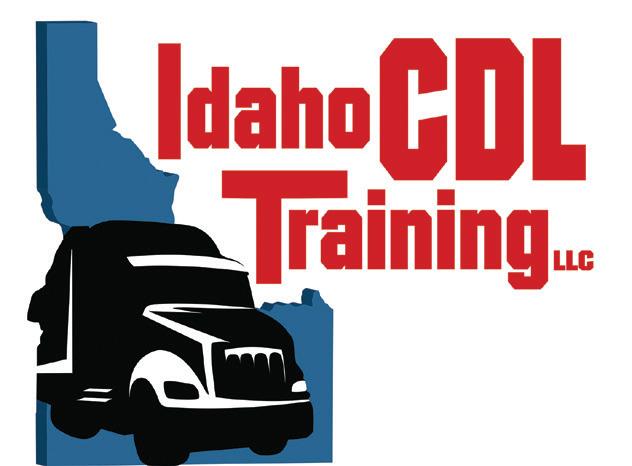
IDAHO
COURSE NUMBER: ULP 12330 COURSE NAME: CLASS A CDL TESTING COURSE
This course was designed in partnership with Idaho CDL Training, LLC to deliver NLC students a customized training program patterned after the U.S. Department of Transportation’s (DOT) proposed minimum standards for training tractor trailer drivers. This course includes training and testing on the knowledge and skills necessary to obtain a CDL, including behind-the-wheel driving time.
Training will be delivered by Idaho CDL Training, LLC in coordination with NLC. A total of twelve hours of instruction will be provided during the term. Course hours may take place any day of the week, including after hours and weekends, to accommodate all trainees.
Students must successfully pass the Idaho Transportation Department’s skills test to receive a Class A CDL. CDLs will be issued by the student’s state of residence licensing agency (the agency that issued the driver’s license and CLP).
Students enrolled in ULP 12330, Class A CDL Testing Course, agree to be drug tested in accordance with DOT requirements before, and randomly during, training or testing. ALL STUDENTS ENROLLED IN THE CLASS A CDL TESTING COURSE WILL BE DRUG TESTED. FAILURE OF THIS DRUG TEST, INCLUDING BY MARIJUANA (REGARDLESS OF YOUR STATE OF RESIDENCE), WILL RESULT IN TERMINATION FROM THE SCHOOL as defined in the NLC drug and alcohol policy.
The pre-requisite for this course is a Commercial Learner’s Permit (CLP). The CLP must be for the same state as the student’s driver’s license and must be obtained at least 14 days before CDL training begins. OUT-OF-STATE STUDENTS UN-
DER THE AGE OF 21 MUST OBTAIN A CLASS D LICENSE IN
IDAHO BEFORE OBTAINING THEIR CLP IN IDAHO. Students under the age of 21 will have 20 business days after the start of their term to provide the Idaho CLP. A DOT physical exam is recommended but not required. These are provided by a DOT-approved medical provider. Students must successfully pass the Idaho Transportation Department’s skills test to receive a Class A CDL. CDLs will be issued by the student’s state of residence licensing agency (the agency that issued the driver’s license and CLP). A grade of “pass” in this optional course, ULP 12330, means the student passed the skills test as required by either the Idaho Department of Transportation or the Florida Department of Highway Safety and Motor Vehicles. A passing grade does not mean the student has obtained their CDL.
COURSE COST: $1,500 TESTING FEE: $280 (1st test is included in the course cost)
* subsequent tests are $100 per test DRUG TESTING FEE: $65 TOTAL: $1,265
*See campus specific policies for refund information
IDAHO CDL TRAINING CLP PREPARATION COURSE (OPTIONAL): Idaho CDL Training, LLC offers a convenient online option to help students prepare for their CLP tests. Students may choose to register online with Idaho CDL Training, LLC and complete the online course in preparation for CLP testing.
The course cost does not include the fees collected by your local DMV to take the written knowledge tests required to obtain your CLP. A CLP must be from the same state as the student’s driver’s license.
**Student’s may secure their CLP in any way preferred; this online preparation course is not required, but recommended to help ensure a successful pass of the written knowledge test.
ONLINE PREPARATION COURSE COST: $35
*Preparation course cost will be paid directly to Idaho CDL Training LLC.
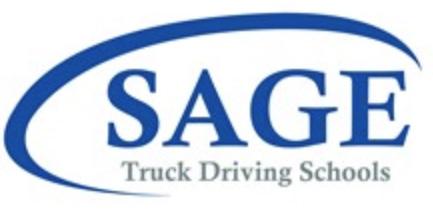
FLORIDA
COURSE NUMBER: ULP 12330 COURSE NAME: CLASS A CDL TESTING COURSE
This course was designed in partnership with SAGE Truck Driving Schools to deliver NLC students a customized training program patterned after the U.S. Department of Transportation’s (DOT) proposed minimum standards for training tractor trailer drivers. This course includes training and testing on the knowledge and skills necessary to obtain a CDL, including behind-the-wheel driving time.
Training will be delivered by SAGE Truck Driving Schools in coordination with NLC. Actual course training and behindthe-wheel practice time will vary by the needs of the student. There is a combination of 26 hours of training and testing time built into the course. Course hours are scheduled Monday-Thursday and selected weekends. Additional optional hours are available on a pre-defined schedule.
Students must successfully pass the Florida Department of Highway Safety and Motor Vehicles skills test to receive a Class A CDL. CDLs will be issued by the student’s state of residence licensing agency (the agency that issued the driver’s license and CLP).
Students enrolled in ULP 12330, Class A CDL Testing Course, agree to be drug tested in accordance with DOT requirements before, and randomly during, training or testing. All
students enrolled in the Class A CDL Testing Course will be drug tested. failure of this drug test, including by marijuana (regardless of your state of residence), will result in termi-
nation from the school as defined in the NLC drug and alcohol policy.
The pre-requisite for this course is a Commercial Learner’s Permit (CLP). The CLP must be for the same state as the student’s driver’s license and must be obtained at least 15 days before CDL training begins. OUT-OF-STATE STUDENTS UN-
DER THE AGE OF 21 MUST OBTAIN A CLASS E LICENSE IN
FLORIDA BEFORE OBTAINING THE CLP IN FLORIDA. Students under the age of 21 will have 20 business days after the start of their term to provide the Florida CLP. In order to obtain a CLP, students must pass a DOT physical exam, which can be administered by a DOT-approved medical provider.
COURSE COST: $1,675 TESTING FEE: $350 DRUG TEST FEE: $75 TOTAL: $2,100
*See campus specific policies for refund information
Electrical linework often requires use of large, heavy equipment that must be driven to and from job sites, so most utility and construction companies require that their lineworkers possess a Class A commercial driver’s license (CDL). For this reason, students are encouraged to obtain their Class A CDL (Idaho campus) or commercial learner’s permit (California, Texas, Florida) prior to graduation.

Requirements vary from state to state, so check with your local DMV for specifics as early as possible. Lengthy DMV processes or restrictive state residency requirements can be difficult to navigate. Please refer to the following requirements for obtaining a CDL or commercial learner’s permit (CLP) in states where NLC campuses are located.
CA
IDAHO
NLC, in partnership with Idaho CDL Training, LLC, offers an optional course to aid students in obtaining their Class A CDL with air brakes endorsement. The steps below outline the requirements to obtain a CLP and CDL. *For more detailed information on the steps below go to idahocdltraining.com and click the NLC tab. • Recommended: Complete the online Commercial Learner’s Permit test preparation course. There is a $35 charge to access the online training that is paid directly to Idaho CDL Training LLC. Follow the directions to sign up for the online
Commercial Learner’s Permit test preparation course by going to idahocdltraining.com and click on the NLC Student tab. • Take the required knowledge written tests at your local Department of Motor Vehicles (DMV) to gain your Class A learner’s permit with air brakes. Fees for the written test and CDL learner’s permit vary by state; please check with your local
DMV regarding fees. (These fees are outside of any Idaho CDL Training LLC fees or NLC fees charged.) o Take the three required written tests (general knowledge, combination vehicles and air brakes) to obtain a Class A CDL learner’s permit with air brakes at the DMV. • You must obtain the Commercial Learner’s Permit (CLP) 14 days prior to term start to fulfill the mandatory federal waiting period.
• OUT-OF-STATE STUDENTS UNDER THE AGE OF 21 MUST OBTAIN A CLASS D LICENSE IN IDAHO, THEN OBTAIN THEIR
CLP IN IDAHO. • Required by the DMV for any out of state student seeking an Idaho driver’s license and Class A CLP:
o Birth Certificate (no photocopies accepted) or Passport o Official State-Issued Driver’s License from their current state o Proof of residency (these documents must show an Idaho Address to qualify to show proof of residency) Rental Agreement Power Bill, Gas Bill or any Utility Bill in your name Bank Statement o Social Security Card (original only, copies are not accepted) • Successfully complete and pass the mandatory drug screening facilitated by Idaho CDL Training LLC during the first week of the term. • Complete the recommended hours of instructor led training (8 hours covering pre-trip, backing and road driving). • Successfully complete the CDL Skills Test administered by Idaho CDL Training LLC. • The DOT medical card is recommended, but not required for graduation. *If you do not already possess a valid Class A CDL, NLC’s optional course, ULP 12330, is the recommended route. However, students can obtain a Class A CDL any way they prefer. Please contact your local DMV for details on how to obtain a Class A CDL in your residence state as applicable. Most states will let you complete your CDL skills test in Idaho except for a few (i.e., WA, NC etc.) Students from states that will not let you take the CDL Skills Test in Idaho with your home state CLP can either obtain the CDL in their home state or get an Idaho Driver’s license and Idaho CLP to be able to take the optional CDL course: ULP 12330. Visit idahocdltraining.com for more information.
CALIFORNIA
COMMERCIAL LEARNER’S PERMIT REQUIREMENTS
Though this list contains the necessary steps, further details are available at: https://www.dmv.ca.gov/portal/dmv/detail/dl/checklists/cdl_permit To obtain a commercial learner’s permit in the state of California, you must: • Be 18 years of age or older. • Complete a Commercial Driver License Application. • Complete a 10 Year History Record Check form (DL 939) if you have been issued a driver license in the same or different name to operate any type of motor vehicle in another state or other jurisdiction within the previous ten years. • Provide your true full name. • Present an acceptable birth date/legal presence document. • Present acceptable residency documents, if you have never had a California driver license or California identification card. • Provide your social security number. • Pay the application fee. • Pass a knowledge tests for the class of vehicle you will drive.
TEXAS
COMMERCIAL LEARNER’S PERMIT REQUIREMENTS
Though this list contains the necessary steps, further details are available at: txdps.state.tx.us/DriverLicense/commerciallicense.htm To obtain a commercial learner’s permit in the state of Texas, you must: • Apply in person at a driver’s license office. • Present appropriate documents to verify your identity. • Present documents to verify Texas residency. • Present evidence of your Social Security number. • Meet the self-certification of medical status requirement by completing the Self-Certification Affidavit. • If applicable, meet the nonresident commercial requirements. • Present proof of Texas vehicle registration and liability insurance on all vehicles registered in your name. • Complete the Supplement Application Texas Commercial Driver License Certifications and Record of CDL Examination (CDL-1). • Consent to be photographed, fingerprinted, and provide a signature. • Pass a vision test. • Pass the knowledge and skills tests for the appropriate driver’s license, including endorsements. • Pay the required fee. • Provide a commercial motor vehicle (CMV) for the driving test.
FLORIDA
COMMERCIAL LEARNER’S PERMIT REQUIREMENTS
Though this list contains the necessary steps, further details are available at https://www3.flhsmv.gov/handbooks/englishcdlhandbook.pdf To obtain a commercial learner’s permit in the state of Florida, you must. • Be a resident of Florida (info on obtaining residency can be found at: stateofflorida.com/residency.aspx). • Be at least 18 years of age to drive intrastate, 21 to drive interstate. • Hold a Florida Class D license. • Surrender any and all other driver’s licenses issued by Florida or any other state. • Not be under suspension, revocation, cancellation, or disqualification in Florida or any other state. • Submit a valid medical report or card. • Provide proof of Social Security number. • Pass all required tests and pay fees.

